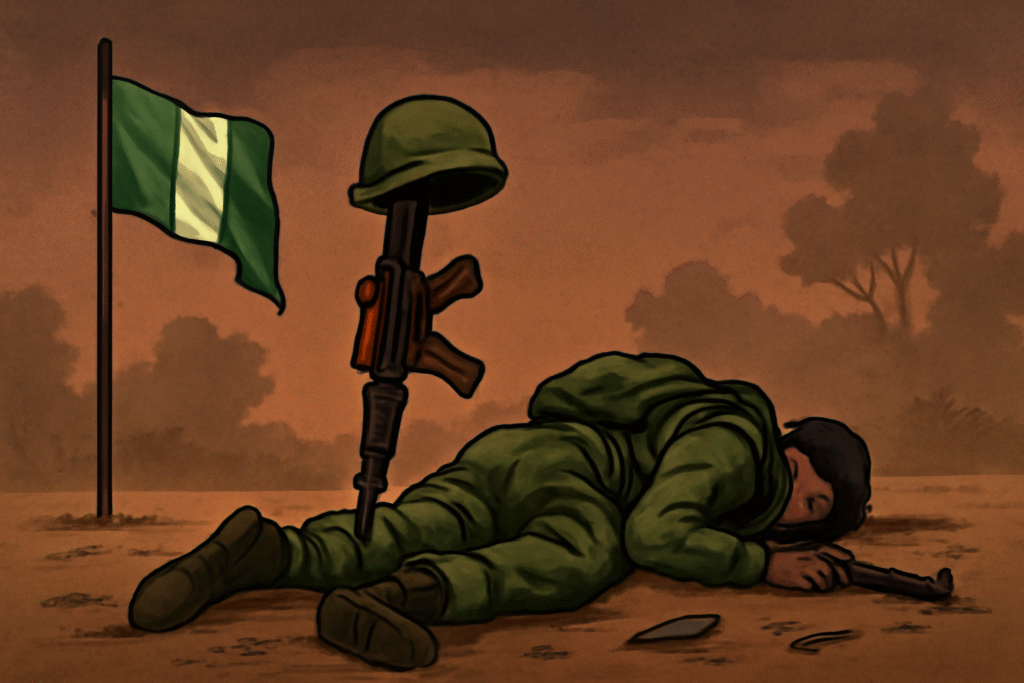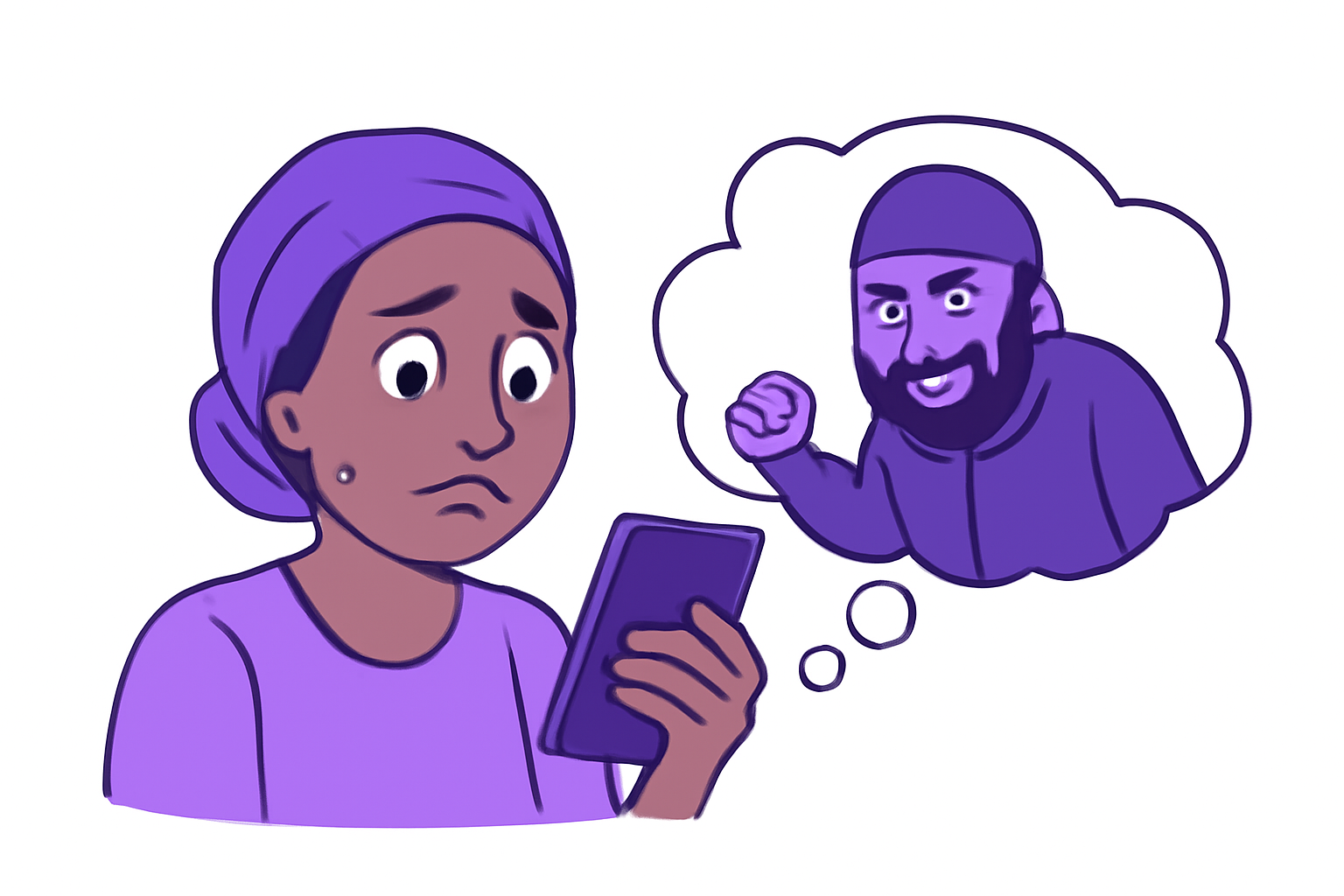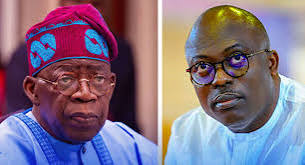The Benue Facebook community turned into a live-action courtroom for a messy case of infidelity against Ukeyima. His wife, Susan Tseeneke, dropped the question that had everyone gasping: ‘Do you sleep with your brother?’ and crowned the woman with the inglorious title of ‘co-wife
Analysis
Nigeria’s response to soldier deaths has become numb, as repeated tragedies spark little national outcry or mourning for fallen heroes.
In Kwara State, Nigeria, the tragic case of Hafsoh Lawal exposes the deadly consequences of technology-facilitated gender-based violence. What began as an online connection quickly turned into a brutal reality, highlighting the urgent need to address this growing crisis in the digital age. By: Sanni Alausa-Issa On February 14, 2025, four days after Hafsoh Lawal was declared missing in Ilorin, Kwara State, a dismembered body was found. It was hers. She was 23. Four days prior, Hafsoh had vanished after attending a friend’s naming ceremony, never to return home. Her frantic family alerted authorities, triggering an urgent search. The digital trail from Hafsoh’s phone had led investigators to a house in Ilorin’s Offa Garage area, uncovering the unimaginable: Hafsoh’s dismembered remains concealed grotesquely in a bowl. The ring, once a simple token of youthful identity, had now become an emblem of unspeakable horror. It was all her father, Ibrahim Lawal, had left to confirm the unimaginable loss. The cold metal shone harshly beneath the stark lights, silently narrating the final, devastating chapter of Hafsoh’s story. Outside, beyond the fluorescent glare, Nigeria moves on unaware, like a nation indifferent or numb to the quiet epidemic that has stolen another daughter. This […]
Fear and frustration have become the order of the day in the icy heights of Plateau State. From the quiet farms of Bassa to the thick forests of Barkin Ladi, everyday people are saying, “enough is enough” after the series of attacks that have characterized the region for years now.
President Tinubu’s suspension of Rivers Governor Siminalayi Fubara under emergency rule has sparked legal and political controversy. While the federal government cites instability and economic threats, legal experts argue the Constitution does not grant Tinubu such powers. This analysis examines historical precedents, constitutional limits, and Fubara’s legal options.
The suspension of Hon. Blessed Onah and 12 other Benue lawmakers over opposition to Justice Ikpambese’s removal raises concerns about democracy and representation. Oju I constituency now lacks legislative voice, impacting governance and development. Legal action, public advocacy, and political negotiations remain key to restoring their representation and upholding democratic rights
Senator Natasha Akpoti-Uduaghan’s suspension by the Nigerian Senate has sparked legal and political debate. With past court rulings favoring reinstatement in similar cases, her legal challenge holds weight. Meanwhile, her appeal to the Inter-Parliamentary Union brings international attention. Will legal precedent or global advocacy influence the outcome?
The budget’s reliance on federal allocations (N259.79 billion) and an IGR of N96.23 billion seems unsustainable. The planned borrowing of N70.43 billion could significantly increase the state’s debt.
Distinguished Sen. Abba Moro, Senate Mnority Leader, a man whose once-bright star is now dimming under the weight of unfulfilled expectations.
Amid its energy transition, the country is also facing development challenges. Almost half of Nigeria’s population —an estimated 85 million people— lack access to electricity, while most of the country (176 million people) lack access to clean cooking fuels or technologies.











